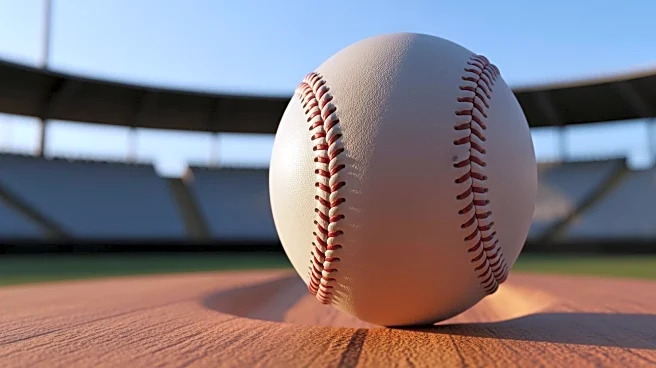Rapid Read • 6 min read
Russia, the largest country in the world, spans 11 time zones across Europe and Asia, occupying one-tenth of the Earth's land area. Its diverse landscape includes deserts, frozen coastlines, and vast pine forests in Siberia. Historically, Russia has evolved from early settlements around A.D. 500 to becoming a major empire under rulers like Ivan IV and Peter the Great. The Soviet Union era marked significant geopolitical shifts, including the Cold War tensions with the United States. After the Soviet Union's dissolution in 1991, Russia emerged as a key player in global politics, with leaders like Boris Yeltsin and Vladimir Putin shaping its modern trajectory.
AD
Russia's vast natural resources, including oil and minerals, underpin its economy, making it a significant player in global energy markets. Its historical and political developments have had profound impacts on international relations, particularly with Western countries. The geopolitical dynamics involving Russia influence global security, economic policies, and diplomatic strategies. Understanding Russia's historical context and geographical expanse is crucial for comprehending its current role in international affairs and its interactions with other nations.
AD
More Stories You Might Enjoy










